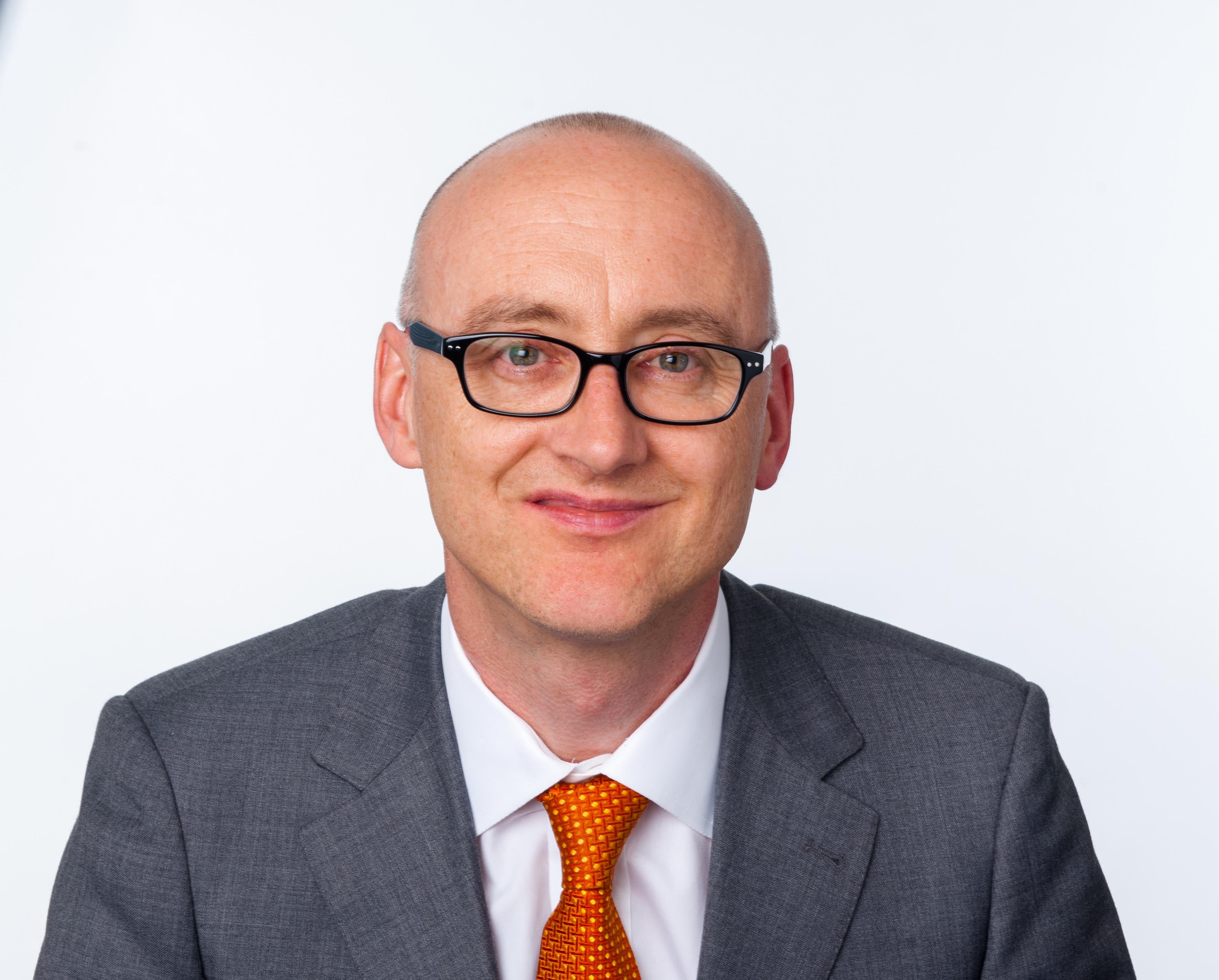Methane leadership is a competitive advantage, says global investor
Early oil and gas industry adopters of methane management strategies and technologies are starting to see these reductions as an opportunity to gain a competitive edge.
Just last week, ExxonMobil announced a new methane reduction program for its XTO Energy subsidiary, underscoring that the industry is paying close attention to the issue.
Methane, the main ingredient in natural gas, is leaked and vented across the oil and gas supply chain every day as the world energy mix shifts towards greater natural gas usage, according to the International Energy Agency. The oil and gas industry wastes billions of dollars a year of methane that simultaneously acts as a climate change accelerator, harming the brand of natural gas as a cheap and clean fuel source. Methane is 84 times more powerful as a heat-trapper than carbon in its first 20 years in the atmosphere.
In the second part of Environmental Defense Fund’s recent interview with Tim Goodman, Director of Engagement at London-based Hermes Investment Management, Goodman shares his views on why oil and gas companies addressing methane emissions are gaining a competitive edge, and how investors are paving the path for more companies to follow suit. (You can find the first part of the interview here.)
Wright: As more companies start to manage methane emissions, do you see a potential competitive advantage for companies taking a leadership position in this area?

Goodman: I would like to tell a story from a couple of years ago about methane detecting cameras. One of the International Oil Companies (IOC) we were working with proudly announced it was trialing an infrared methane detector camera and they were about to put in an order for five more. This was an IOC with a global footprint with a huge balance sheet. We then spoke with a company with a much smaller footprint who already had five of these cameras covering a much smaller geographic footprint. If you compare their respective footprints and balance sheets, you can see that this major was potentially lagging in its methane commitments.
We absolutely see the benefits of a leadership position on methane, as did this smaller operator. The smaller operator saw methane as something that would make them a more attractive partner, and make it easier for them to maintain their social license to operate. And of course, if you’re efficient and if you’re not leaking methane, you’re inherently safer, so it plays very much to relations with a companies’ own workforce and the service contractors with which they work.
It is clear that companies are seeing advantages in managing methane – as well as cost savings and revenue increases. There are distinct benefits to being a responsible producer – or what is often referred to as having a social license to operate – such as greater credibility with stakeholders and reduced legal and reputational risks. It’s a virtuous commercial circle in managing methane properly. Companies are getting it more and more, but I do think sometimes the reality needs to match some of the rhetoric.
Wright: So it is a competitive advantage, but it’s more so related to intangible benefits – such as reputational and partnership benefits, as opposed to the financial benefits?
Goodman: You can’t make an artificial division between what’s often called non-financial and financial. While it’s harder to measure, if you’re measuring your methane better, you’re less likely to have health and safety issues. A safer and more efficient operation attracts good labor and service contractors – people want to work for and stay with you. The community in which you operate is likely to be less concerned by your activity. All of these benefits are financial-related, but just more difficult to measure.
Wright: What types of levers do institutional investors have to reward companies that lead on methane? What actions do you take for those companies lagging on methane efforts?
Goodman: The number of institutional investors using Environmental, Social and Governance (ESG) factors to make investment decisions is increasing. Certainly, our clients are hugely interested in our engagements when they’re looking at their own portfolios. How responsive companies are to our suggestions, is a really important indicator as to the quality of the company. Our engagements encourage the leaders but also the laggards. The reputational issue is a point we stress in our engagements – and that this may lead to legal risk. Sometimes companies haven’t considered these factors in sufficient detail because it’s hard to measure. But increasingly companies seem to be investing in best-of-class measures on methane – and we encourage this type of competition in the industry. For the laggards, we focus initially on investment decisions that carry clear financial benefits but also encourage them to think about the more hidden costs and risks they might be carrying and the benefits from managing methane better that companies might not fully appreciate.
Wright: What do you think about natural gas in Europe’s energy mix? How do methane emissions relate to the fate of natural gas?
Goodman: That’s a big question. Geopolitics is a big issue. Gas from the North Sea is in decline especially in the UK sector. Increasingly, there is reluctance due to cost, risk and stakeholder pressure to explore new resources in both deep water or the Arctic or both. Much of the gas being consumed in the EU is therefore now coming from the Middle East or Russia, which clearly have big geopolitical risks.
Methane is a big issue – if natural gas is being imported from the Middle East and Russia, what are the operational standards there? We do find it difficult – not to say we’re not trying – to engage on methane with companies in these areas. But the provenance of natural gas is a real issue. This leads me to another important issue, which is once the gas arrives in Europe, attention must be paid to how it’s being used, methane leaks in the downstream infrastructure, and so on. The rapid uptake of renewables leaves a space for gas for now, but we are seeing some move towards smaller, tactical gas power stations which are more able to respond to fluctuations in the availability renewable energy than the very large gas plants that originally replaced coal-powered plants. It will also take a while for renewables to replace gas for domestic heating particularly in countries in northern Europe with old housing stock like the UK.
Wright: Conversations and potential strategies on EU methane standards are now emerging in the EU Parliament. How do you think about the role of regulations as you engage with European companies? Given the EU is home to a number of global operators with extensive joint ventures, could EU rules achieve a global benefit?
Goodman: The passage of regulation through the EU Parliament can be long and tortuous. Our focus will be reducing methane emissions, predominantly through engaging with companies and supporting regulation where we can. We very much expect all companies to have the highest possible global standards while also adhering to legislation in the countries of operation. If the EU regulation goes above and beyond standards elsewhere, that’s a good thing. But we encourage all IOCs to have higher standards than what’s regulated by law. We think global standards are easier for companies to manage. For instance, it’s much easier to manage mobile employees or multi-national companies if you have a unifying set of global best practice standards that go above local law. Our focus is on encouraging the best possible global standards on methane and other issues, and we think EU regulation may help in that effort but it may take a while and it won’t be a panacea: self-help by companies will remain our focus.











